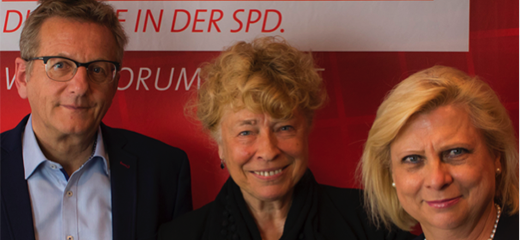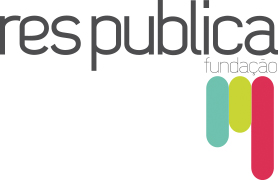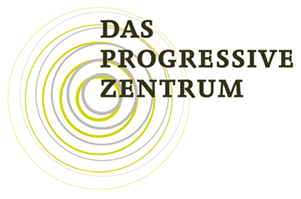
Reforming the EU: From reflection to political action What is the Meseberg Agreement worth?
September 21, 2018The Foundation for European Progressive Studies (FEPS) together with the Paris-based partner the Jean-Jaurès Foundation organised a lunch hour debate on the EU and Eurozone reform. The debate took place in the frame of Call to Europe, FEPS unique, interactive, signature initiative that enhances EU wide debates with its citizens. Call to Europe as a two-way dialogue between the institutions and the people looking at how we cane move to constructive political action.
This particular debate centred on the following questions: To what extent does the agreement show a preference for community over intergovernmental solutions? Is it sufficient to make progress on the Banking Union’s second pillar but not addressing the third? How to make the Euro area stable if risk-sharing is not seen as a method for risk-reduction? Does it make sense to work together for tax convergence and leave the common consolidated corporate tax base (CCCTB) out of the picture? Has the idea of a Minister for the Economy and Finance of the Euro area been abandoned? Would that be advisable to partly revise the Stability and Growth Pact?
Ernst Stetter, Secretary general of FEPS, was in charge of the opening of the conference. The keynote speech was delivered by Peter Bofinger, Chair for Monetary Policy and International Economics, University Wurzburg and member of the German Council of Economic Experts. It was followed by a debate with Marco Buti, Director-General for Economic and Financial Affairs at the European Commission, Michael Vincent, expert on financial regulation, who teaches at Sorbonne University and Gesine Schwan, President of the HUMBOLDT-VIADRINA Governance Platform, commented on EMU reform from a different angle.
related news
-

New Prospects for a solidary Europe or downfall? Left and social democratic perspective
read more



























































